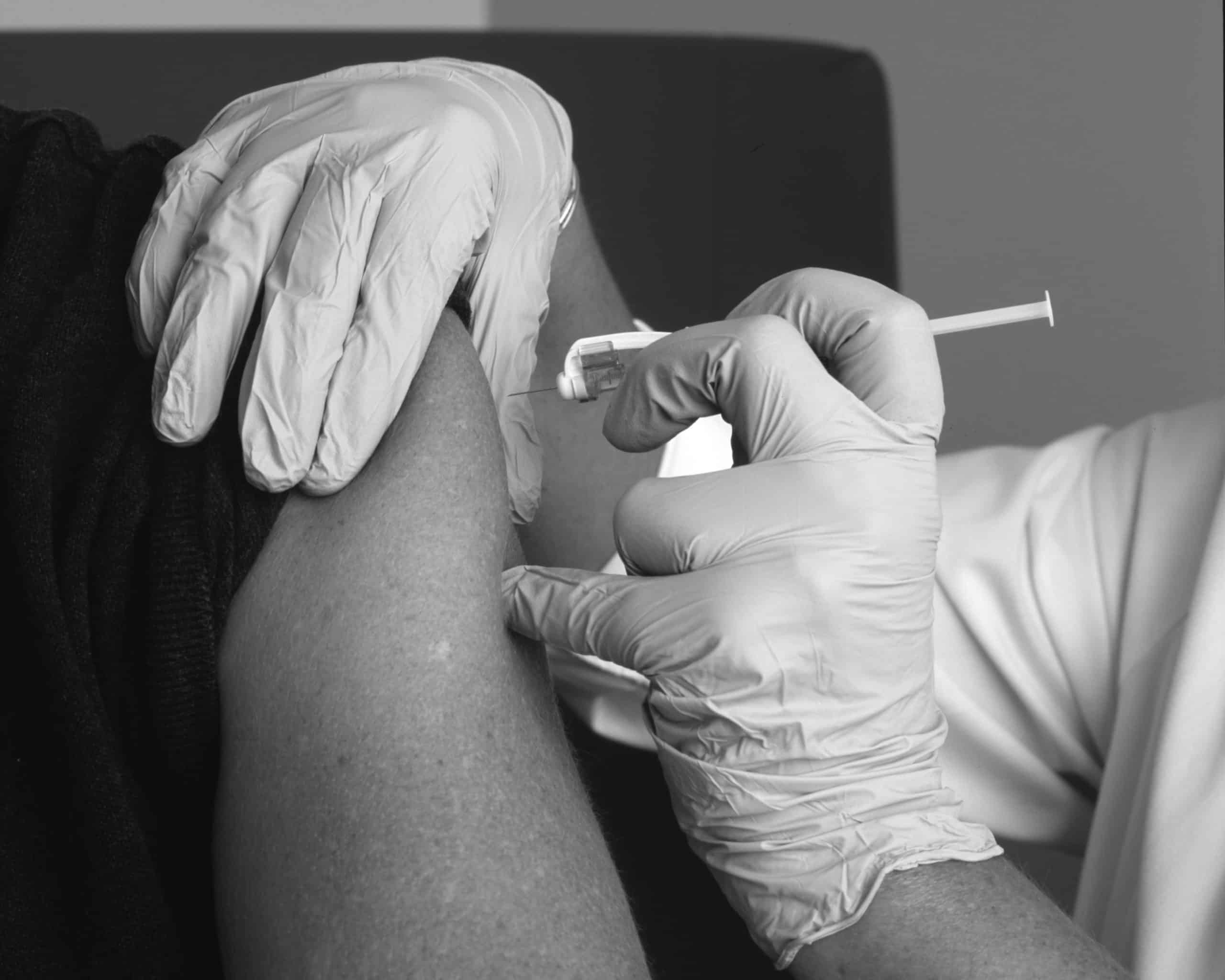Protecting Your Health Abroad: What You Need to Know About Vaccinations for Traveling to Kenya and Tanzania
Planning a trip to Kenya or Tanzania? Before you embark on your adventure, there’s an important step you can’t afford to overlook: getting vaccinated. Protecting your health abroad is essential, and understanding the vaccination requirements for these destinations is crucial to ensure a safe and enjoyable journey.
In this article, we will delve into what you need to know about vaccinations for travel to Kenya and Tanzania. From the routine vaccines recommended by the Centers for Disease Control and Prevention (CDC) to specific vaccines based on the region and activities you plan to engage in, we’ll cover everything you need to know to stay healthy while exploring these incredible countries.
Whether you’re going on a safari, exploring the pristine beaches, or immersing yourself in the rich cultural heritage, being properly immunized is key to preventing diseases that can put a damper on your travel plans. So, join us as we embark on a journey through the world of travel vaccinations, empowering you with the information you need to protect your health and make the most of your time in Kenya and Tanzania.
Importance of Vaccinations for Traveling to Kenya and Tanzania

Traveling to Kenya and Tanzania offers an array of exciting experiences, from witnessing the Great Migration to climbing Mount Kilimanjaro. However, it’s important to remember that these destinations also pose health risks that can be mitigated through vaccinations. This is why you need to take the necessary vaccinations for travel to Kenya and Tanzania. Vaccinations not only protect you but also contribute to the overall health and well-being of the communities you visit.
When traveling to Kenya and Tanzania, you may come into contact with diseases such as malaria, yellow fever, typhoid, and hepatitis A. Without proper vaccinations, you expose yourself to these illnesses, which can lead to severe complications and even death. Additionally, some countries require proof of certain vaccinations before granting entry, so it’s essential to stay informed and prepared.
Getting vaccinated is a responsible and proactive step towards protecting yourself and others. By taking the necessary precautions, you can enjoy your trip with peace of mind, knowing that you’ve done everything you can to safeguard your health.
Required Vaccinations for Traveling to Kenya and Tanzania
Before embarking on your journey to Kenya and Tanzania, it’s crucial to familiarize yourself with the required vaccinations. These vaccinations are mandatory for entry into these countries and are designed to protect both residents and visitors from the spread of diseases.
For both Kenya and Tanzania, a yellow fever vaccination certificate is required for travelers arriving from countries with risk of yellow fever transmission. This vaccine protects against the yellow fever virus, which is transmitted through the bite of infected mosquitoes. Having a valid yellow fever certificate not only ensures your entry into the country but also helps prevent the spread of the disease.
It’s important to note that the yellow fever vaccine should be administered at least ten days before your arrival in Kenya or Tanzania to allow the vaccine to take effect. This requirement is in place to ensure that you are adequately protected and to prevent any potential transmission of the disease.
Recommended Vaccinations for Traveling to Kenya and Tanzania

In addition to the required vaccinations, there are several recommended vaccinations for travel to Kenya and Tanzania that can further protect your health while traveling to these countries. These vaccines are not mandatory but are highly recommended by healthcare professionals to minimize the risk of contracting certain diseases.
The CDC recommends routine vaccinations such as measles-mumps-rubella (MMR), diphtheria-tetanus-pertussis (DTaP), varicella (chickenpox), and polio for all international travelers. These vaccines protect against common diseases that can be easily transmitted, both at home and abroad.
For travelers visiting rural areas or engaging in outdoor activities, it is also recommended to consider vaccines for hepatitis A and typhoid. Hepatitis A is a viral infection that can be spread through contaminated food and water, while typhoid fever is caused by ingesting contaminated food or water.
Depending on the duration and nature of your trip, other vaccines to consider include hepatitis B, rabies, and meningitis. These vaccines offer protection against diseases that may be prevalent in certain regions or among specific populations.
Understanding the Diseases and Risks in Kenya and Tanzania

To make informed decisions about vaccinations, it’s important to understand the diseases and risks associated with traveling to Kenya and Tanzania. Both countries have diverse landscapes and ecosystems, each with its own set of health risks.
In Kenya, malaria is a significant concern, particularly in certain regions, such as the coastal areas and low-lying areas around Lake Victoria. Malaria is transmitted through the bite of infected mosquitoes and can cause severe illness if left untreated. Taking antimalarial medication and practicing mosquito bite prevention measures are essential when visiting these areas.
Tanzania, on the other hand, is home to several national parks and wildlife reserves, making it a popular destination for safaris. While the risk of malaria exists in certain regions, such as the coastal and northeastern areas, there is also a risk of other diseases transmitted through insect bites, such as dengue fever and chikungunya. Taking precautions such as wearing insect repellent and protective clothing can help reduce the risk of these diseases.
Where to Get Vaccinations for Traveling
Now that you understand the importance of taking the recommended vaccinations for travel to Kenya and Tanzania and the specific requirements for traveling to these countries, you may be wondering where to get vaccinated. It’s crucial to consult with a healthcare professional or a travel medicine specialist well in advance of your trip to ensure you have ample time for the vaccinations to take effect.
Start by scheduling an appointment with your primary care physician or a local travel clinic. These healthcare providers have the knowledge and resources to assess your specific needs based on your travel itinerary, medical history, and current immunization status. They will be able to recommend the appropriate vaccines and provide you with any necessary prescriptions for antimalarial medications or other preventive measures.
In some cases, you may need to visit a specialized travel clinic that focuses on travel medicine and vaccinations. These clinics are staffed by experts who are well-versed in the specific health risks associated with different destinations. They can provide comprehensive advice tailored to your travel plans and administer the necessary vaccines.
When to Get Vaccinated before Traveling
Timing is crucial when it comes to getting vaccinated before traveling to Kenya and Tanzania. Some vaccines require multiple doses or take time to build immunity in your body, so it’s important to plan accordingly.
As mentioned earlier, the yellow fever vaccine should be administered at least ten days before your arrival in Kenya or Tanzania. This timeframe allows the vaccine to take effect and ensures that you meet the entry requirements. It’s essential to factor in this timeline when scheduling your vaccination appointment to avoid any last-minute complications.
For other recommended vaccines, it’s best to consult with your healthcare provider or travel medicine specialist as early as possible. Some vaccines may require multiple doses over several weeks or months, so starting the vaccination process well in advance of your departure date is advisable.
Tips for Staying Healthy while Traveling in Kenya and Tanzania

In addition to taking the vaccinations for travel to Kenya and Tanzania, there are several other precautions you can take to stay healthy while traveling. These tips can help minimize the risk of illness and ensure a safe and enjoyable travel experience:
- Practice good hygiene: Wash your hands frequently with soap and water, especially before eating or handling food. If soap and water are not available, use hand sanitizer that contains at least 60% alcohol.
- Drink safe water: Stick to bottled water or water that has been properly treated. Avoid consuming tap water or drinks with ice cubes made from tap water, as they may be contaminated.
- Eat safe food: Opt for hot, cooked foods and avoid raw or undercooked meats, seafood, and eggs. Be cautious of street food and ensure that it is prepared and served in hygienic conditions.
- Protect yourself from insects: Use insect repellent containing DEET on exposed skin and clothing. Wear long sleeves, pants, and socks to minimize exposed skin. Consider sleeping under a mosquito net, particularly in areas where malaria is prevalent.
- Stay up to date with routine vaccinations: Ensure that your routine vaccinations are up to date before traveling. This includes vaccines such as measles, mumps, rubella, polio, and influenza.
By following these tips and taking the necessary precautions, you can minimize the risk of illness and maximize your enjoyment of your trip to Kenya and Tanzania.
Common Misconceptions about Vaccinations for Traveling
Despite the importance of vaccinations, there are some common misconceptions and concerns surrounding travel vaccines. It’s essential to address these misconceptions to ensure that travelers have accurate information and make informed decisions about their health.
One common misconception is that vaccines are unnecessary if you have a strong immune system. While a healthy immune system is beneficial, vaccines provide additional protection against specific diseases that your immune system may not have encountered before. They help prepare your body to fight off potential infections and reduce the risk of severe illness.
Another concern is the safety of vaccines. Vaccines undergo rigorous testing and are continuously monitored for safety. The benefits of vaccination far outweigh the risks, and serious side effects are extremely rare. It’s important to consult with a healthcare professional or travel medicine specialist to address any specific concerns you may have.
Conclusion: The Importance of Vaccinations for a Safe and Healthy Travel Experience
As you prepare for your journey to Kenya and Tanzania, remember that protecting your health is paramount. Getting vaccinated is a crucial step in ensuring a safe and enjoyable travel experience. By understanding the required and recommended vaccinations for travel to Kenya and Tanzania, familiarizing yourself with the diseases and risks, and taking necessary precautions, you can minimize the chances of falling ill during your trip.
Consulting with a healthcare professional or travel medicine specialist is the best way to assess your individual needs and receive personalized advice. They can guide you through the vaccination process and provide valuable information to keep you healthy while exploring the wonders of Kenya and Tanzania.
So, before you embark on your adventure, take the time to prioritize your health. Get vaccinated, practice good hygiene, and stay informed. With the right preparations, you can embark on a journey filled with unforgettable experiences, knowing that you’ve taken every measure to protect your health abroad.
Safe travels!
For more articles related to Tanzania Immigration, click here!
































